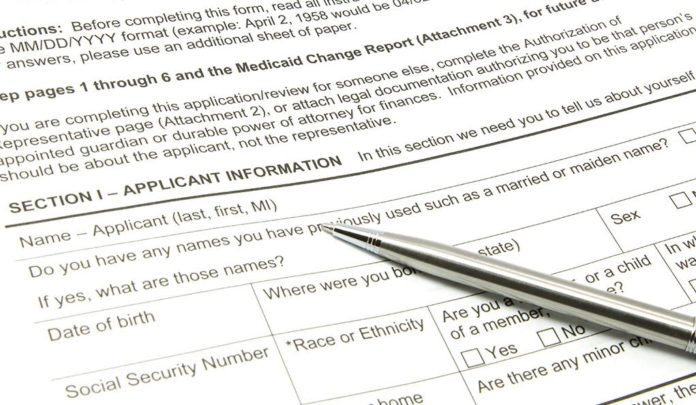A new study by Yale researchers has shed light on why approximately one in four of the uninsured in the United States was eligible for, but not enrolled in, the Medicaid program in 2016 — two years after expansions of Medicaid eligibility under the Affordable Care Act. By analyzing the data from the U.S. Census Bureau of the years 2009-2015, they found that individuals who are eligible for Medicaid and living in households with undocumented immigrants appear less likely to enroll in the public health insurance program.
Through the study published in the journal Health Affairs, scientists discovered that in some states with extended Medicaid qualification, the rate of Medicaid enlistment was factually indistinct between Medicaid-qualified people. However, in non-expansion states, Medicaid enrollment was lower for eligible individuals living in mixed-status households. While Medicaid enrollment increased for individuals in non-mixed-status households in these states, similar increases in enrollment were not evident among individuals in mixed-status households.
Michael Cohen, a Ph.D. candidate in health policy and management, said, “Our findings suggest that living in a mixed-status household may have dampened the so-called ‘woodwork effect,’ in which the ACA improved knowledge about Medicaid availability and increased enrollment in the program, even in non-expansion states.”
Proof of decreased Medicaid enlistment among qualified people in blended-status family units could be in part ascribed to fear in a few expresses that applying for open advantages may open family unit individuals to an investigation from movement law implementation organizations. Other studies have shown that immigration enforcement activities reduced Medicaid enrollment among eligible children of non-citizens.
William Schpero, a Ph.D. candidate in health policy and management, said, “Our findings may also suggest that certain states are particularly effective at making relevant enrollment information available and at helping eligible individuals enroll in the Medicaid program. It is possible that differences across states in immigration enforcement or in information availability may underlie our results.”
States can enhance Medicaid enlistment among qualified people in blended-status families by expressly elucidating that protection application data won’t be imparted to migration law requirement organizations, the creators propose. Expanded accessibility of bilingual enlistment materials and assisters, and in addition, effort to confided in group associations, may likewise build Medicaid enlistment inside this qualified sub-populace.
